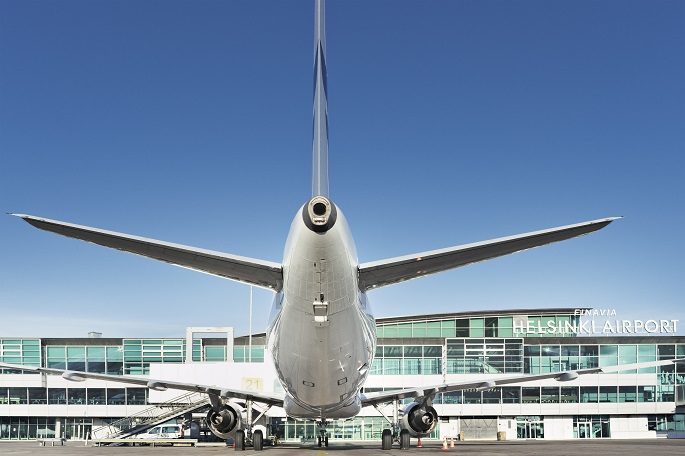2020 `worst year in history` for aviation: IATA
Published : 04 Feb 2021, 01:34
The International Air Transport Association (IATA) on Wednesday said that air travel demand suffered the biggest drop in the history of aviation last year and warned of severe downside risks in 2021 if travel restrictions due to new COVID-19 variants persist, reported Xinhua.
The IATA's global passenger traffic results for 2020 showed that demand (in revenue passenger kilometers or RPKs) fell by 65.9 percent compared to the full year of 2019.
It was "by far the sharpest traffic decline in aviation history," the association said in a statement.
"Furthermore, forward bookings have been falling sharply since late December," the IATA warned.
International passenger demand in 2020 was 75.6 percent below 2019 levels. Domestic demand in 2020 also took a hit and was down 48.8 percent compared to 2019, according to the Geneva-based association.
"Last year was a catastrophe," said Alexandre de Juniac, IATA's director general and chief executive officer (CEO). "There is no other way to describe it."
"What recovery there was over the northern hemisphere summer season stalled in autumn and the situation turned dramatically worse over the year-end holiday season, as more severe travel restrictions were imposed in the face of new outbreaks and new strains of COVID-19," he said.
Meanwhile, dark clouds continue to hover over future travel bookings.
Bookings made in January 2021 were down 70 percent compared to a year ago, the IATA noted, putting further pressure on airlines' cash positions and potentially impacting the timing of the expected recovery.
The IATA said that its baseline forecast for 2021 is for a 50.4 percent improvement on 2020 demand that would bring the industry to 50.6 percent of 2019 levels.
"While this view remains unchanged, there is a severe downside risk if more severe travel restrictions in response to new variants persist," it said.
"Should such a scenario materialize, demand improvement could be limited to just 13 percent over 2020 levels, leaving the industry at 38 percent of 2019 levels."


